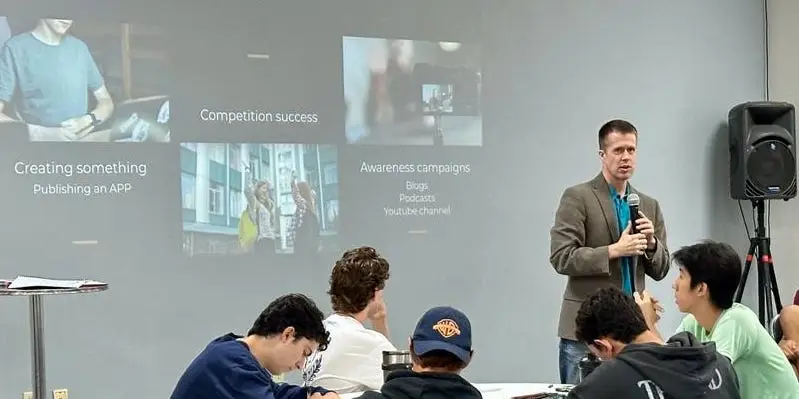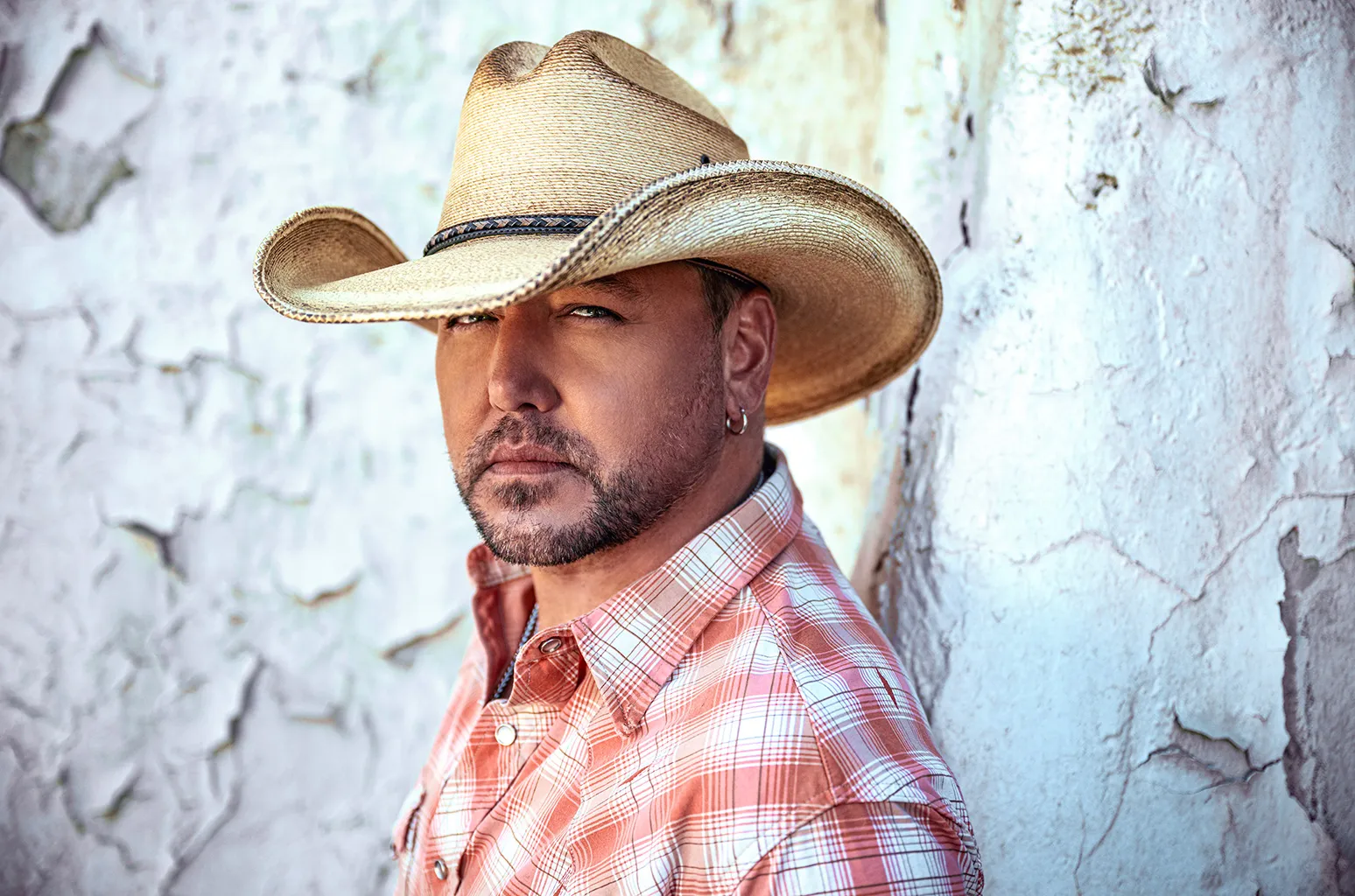
When ambitious families write me five-figure checks for college prep, they often ask the same question: “What does the admissions officer want to see?”
The implication is clear: “Tell me what to do and who to be to get in, and I’ll be that person.”
But here’s the irony: The most valuable advice I give them is the opposite of what they expect to hear.
I teach at Harvard Summer School and guide students from over 20 countries into top universities, so I know admissions officers do want excellent people — students they hope will make the world a better place.
But instead, I tell families and students to focus on a more important question: How does a teenager demonstrate they’ll be the kind of person who will change the world?
First, students need to find their core values
What I tell my students is that your best chance at showing you’ll make a meaningful impact is to clarify your core values. From there, you can choose an issue that violates those values. Rather than wait to eventually become qualified to solve that problem, work to solve them now.
For example, one student I worked with had a friend who died of cancer when they were both 12. He noticed doctors never asked about mental health during treatment, which didn’t sit right with him. Instead of waiting to become a doctor to change the system, he shared his views with key stakeholders. He’s now leading a team of oncologists in a double-blind study for a medical journal. He didn’t wait to become qualified with a degree; he’s still in high school.
That’s what admission officers are looking for. They’re seeking future problem-solvers who can navigate ambiguity. When you know what matters to you more than anything else, you’re willing to stay engaged with challenging problems until you develop the skills, experience, relationships, and mindset of a resourceful leader.
The biggest mistake families make
Many families fall into what I call the “impressiveness trap.” People believe that being more impressive than everyone else is the path to admission success. The reality? There are 30,000 high schools in North America. Each has a valedictorian. When everyone looks identical on paper, impressive becomes invisible.
The traditional college prep industry asks families to invest thousands in test prep, essay coaches, and all kinds of extracurricular activities as a sort of cheat code into top schools. The problem is these strategies often backfire because they’re based on outdated assumptions about what colleges want.
Related stories
Business Insider tells the innovative stories you want to know
Business Insider tells the innovative stories you want to know
Meanwhile, the students who get accepted are often the ones who ignore conventional wisdom and focus on authentic impact. They understand that colleges aren’t looking for perfect test scores alone. They’re looking for future leaders who can navigate ambiguity and solve complex problems in an uncertain world. That’s how I coach talented students to get into the colleges they really want to attend.
My advice to all families
The families paying me $25,000 know they’re not buying a formula for gaming the system. They’re investing in helping their teenager build the skills, experience, relationships, and mindset of someone who makes a difference.
If you’re a parent reading this, here’s my advice: Help your teenager spend time becoming the best they can be at what matters most to them, rather than trying to become the kind of person they think admissions officers are looking for.
The best version of your teenager already exists. They just need your help building the courage to be that person.
Steve Gardner teaches Leadership and Impact at Harvard Summer School and is the founder of the Ivy League Challenge.



